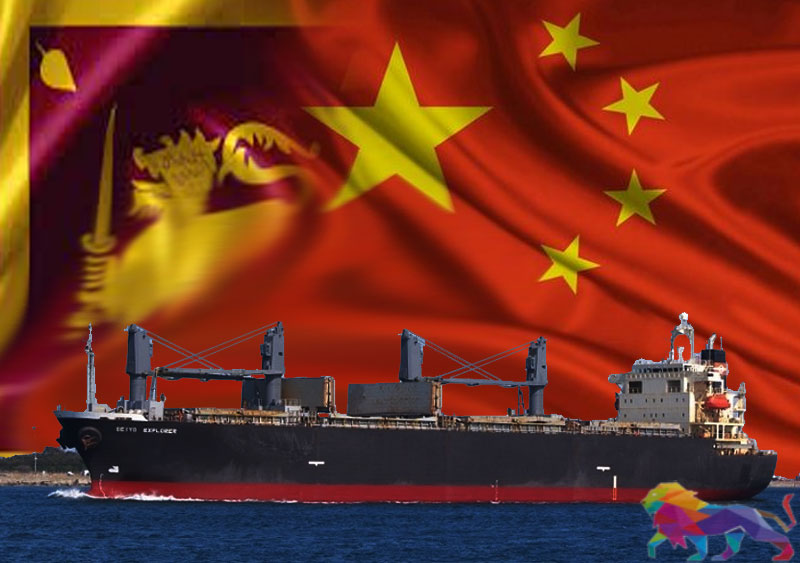(The Hindu) – China is trying to expand global military footprints, with a latest Pentagon report naming 18 countries, besides Djibouti and Cambodia’s Ream Naval Base, to insist that Beijing has “probably” “considered” them as “locations for PLA (People’s Liberation Army) military logistics facilities”.
Of these considered defence facilities outside the China which would provide PLA military access in case of any operational requirements, four are India’s immediate neighbours — Bangladesh, Sri Lanka, Pakistan and Burma (Myanmar) and another three of them — Thailand, Singapore, and Indonesia — are in the South East Asia, as per the US Department of Defence’s annual report to Congress on “Military and Security Developments Involving the People Republic of China 2023”.
“The PRC (People’s Republic of China) probably also has considered other countries as locations for PLA military logistics facilities, including Burma, Thailand, Indonesia, Pakistan, Sri Lanka, United Arab Emirates, Kenya, Equatorial Guinea, Seychelles, Tanzania, Angola, Nigeria, Namibia, Mozambique, Bangladesh, Papua New Guinea, Solomon Islands, and Tajikistan,” the annual report released by the US Department of Defence this month stated.
The PLA’s Strategic Support Force (SSF), revealed the US report, operates tracking, telemetry, and command stations in Namibia, Pakistan, Argentina, and Kenya.
The Beijing is doing it to expand its overseas logistics and basing infrastructure to allow the PLA to project and sustain military power at greater distances, the Pentagon report observed but cautioned that its global network “could disrupt US military operations”.
The Pentagon findings also narrated that China has scaled up deployment of forces and infrastructure build-up along the Line of Actual Control since the 2020 Galwan stand off with India in eastern Ladakh. These improvements include underground storage facilities near Doklam, new roads in all three sectors of the LAC, new villages in disputed areas in Bhutan, a second bridge over Pangong Lake, a dual airport and multiple helipads.
The report, at the same time, stated negotiations between India and China “made minimal progress as both sides resisted losing perceived advantages on the border”.
“Since early May 2020, sustained tensions along the India-China border have dominated the Western Theater Command’s attention.” “Differing perceptions between India and the People’s Republic of China (PRC) regarding border demarcations along the Line of Actual Control (LAC) combined with recent infrastructure construction on both sides, led to multiple clashes, an ongoing standoff, and military buildups along the shared border,” the report said.
In 2022, China deployed one border regiment, supported by two divisions of Xinjiang and Tibet Military Districts with four combined arms brigades (CAB) in reserve in the western sector of the LAC. “China also deployed as many as three light-to-medium CABs in the eastern sector from other theater commands and an additional three CABs in the central sector of the LAC. Although some elements of a light CAB eventually withdrew, a majority of the deployed forces remain in place along the LAC,” it pointed out on enhanced deployment at the border.
The Galwan face off which, it said, lead to death of 20 Indian Army personnel and four of PLA’s, significantly strained the bilateral ties. The deployment of the PLA’s Western Theater Command, oriented toward India and counterterrorism missions along China’s Central Asia borders, along the LAC will likely continue through 2023, it said.


